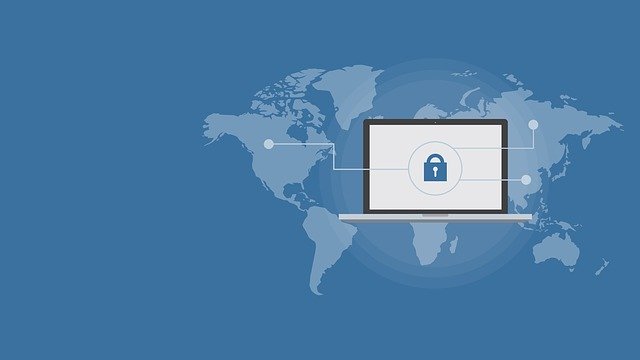Large corporations handle extremely sensitive data. As a rule, these are trade secrets about products and technologies. This is how they secure their competitive advantage over their rivals. Many of them report that they are confronted with hacker attacks on a daily basis. Such companies, however, have a huge IT department and also hire external companies to protect themselves from them. But what should small and medium-sized companies do?
IT-Security – what can small companies do?
There is no very clear answer, because here it plays a role how to define small businesses. Is it the service company with 4 employees, or the small company with 20, 30 or 50 employees? Depending on this, the requirements for the technical infrastructure and the information security change from case to case. However, there are a few basic strategies that apply to everyone. We present them here:
One such policy would be to avoid own servers and move as much data and software applications to the cloud as possible. The reason for this is that it would already protect you from hackers coming from outside. Because when there is no server, there will be no hacker who try to attack it. If data is in the cloud, then that means it is saved on the storage medium of a professional provider. This provider in turn has a department for IT security. It protects the entire server. This is because it is often the case that several customers share one. In addition, such providers are very keen to close all security gaps that are found in the applications that customers obtain from the cloud.
Another important point is that you should always encrypt e-mails. After all, what is a secure server good for, if you accidentally send an email with an attachment to a wrong email address, for example? The advantage would be that only a recipient with the same key can open the mail. Without encryption anyone could. Especially people who try to intercept mails.
And that brings us to the next topic. Always encrypt important files with sensitive business secrets with a long and secure password. You can exchange this password with your employees via a special channel. If you do this, stolen files cannot be read, whether they are intercepted from an e-mail or stolen from the server.
Have well sorted evaluations of log files sent to you. You can see from which IP addresses your drives were accessed and whether data was downloaded. If there are addresses from far away countries, this is not a good sign.
In any case, you should set up an anti-virus software. Such tools monitor your computers and detect malware by its source code. It is important to update them regularly, as new viruses and Trojans etc. come onto the market every day.
With these precautions you have already achieved a lot.
